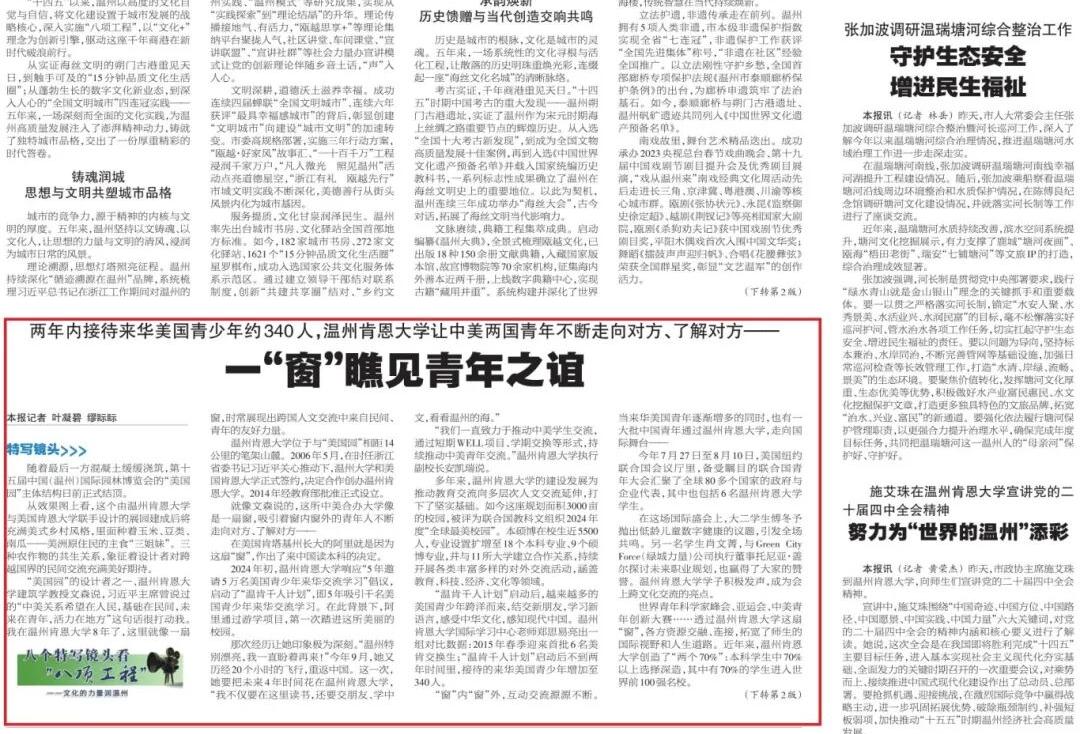
Donghoon Lee
-
Position:Assistant Professor of Biology
-
College:College of Science, Mathematics and Technology
-
Office:CSMT 319
-
E-mail:
Education background
B.S. in Biology Hanyang University, Seoul, Korea
M.S. in Molecular Biology Seoul National University, Seoul, Korea
Ph.D. in Biochemistry Rutgers University, Piscataway, US
Courses teaching in WKU
Principles of Biology (with Laboratory)
General Biology II (with Laboratory)
Biography
After completing my master’s degree in Korea, I earned a Ph.D. in Biochemistry under the supervision of Dr. Danny Reinberg at Rutgers University, New Jersey, USA. My doctoral research focused on transcriptional regulation through chromatin-modifying enzymes. For my postdoctoral training, I joined Dr. Fred Goldberg’s lab at Harvard Medical School in Boston, where I explored the cell biology and biochemistry of protein quality control (PQC).
Research interests
My research primarily focuses on the regulation of protein degradation via the ubiquitin-proteasome system (UPS), which is tightly controlled under various physiological and pathological conditions, including starvation, denervation, inactivity, cancer, and aging. More recently, I identified novel mechanisms that stimulate the 26S proteasome under catabolic and proteotoxic stresses, elucidating its activation pathways. The 26S proteasome is a large (2.4 MDa) protein complex with more than 40 subunits, possessing multiple enzymatic activities, including peptidase, ATPase, and deubiquitinase functions. Notably, I demonstrated that Zn finger AN1 domain 5 (ZFAND5) is the first known activator of the 26S proteasome, enhancing all proteasomal enzymatic activities and promoting the degradation of ubiquitinated proteins. These findings have significant implications for cellular fitness and various diseases associated with muscle atrophy and proteotoxic stress, such as Alzheimer’s and Parkinson’s diseases. Since cellular protein homeostasis is essential for all cell types, key regulators of the UPS, including the 26S proteasome and p97, remain major subjects for fundamental research and crucial targets for drug development. At WKU, I continue to build upon these studies, further exploring novel mechanisms in protein quality control.
Selected Publications
Lee D, Zhu Y, Colson Y, et al., (2023). Mol Cell. 83, 2959-2975.
Lee D and Goldberg AL (2022). PNAS. 119, e2122482119. Goldberg AL, Kim HT, Lee D, Collins GA. (2021). Biomolecules (Review). 11:779.
Lee D, Takayama S and Goldberg AL (2018). PNAS. 115, E9550-E9559.
College Programs
- B.S. Chemistry
- B.S. Environmental Science
- B.S. Biology (Cell and Molecular Biology Option)
- B.A. in Mathematical Sciences (Data Analytics Option)
- B.S. Computer Science




